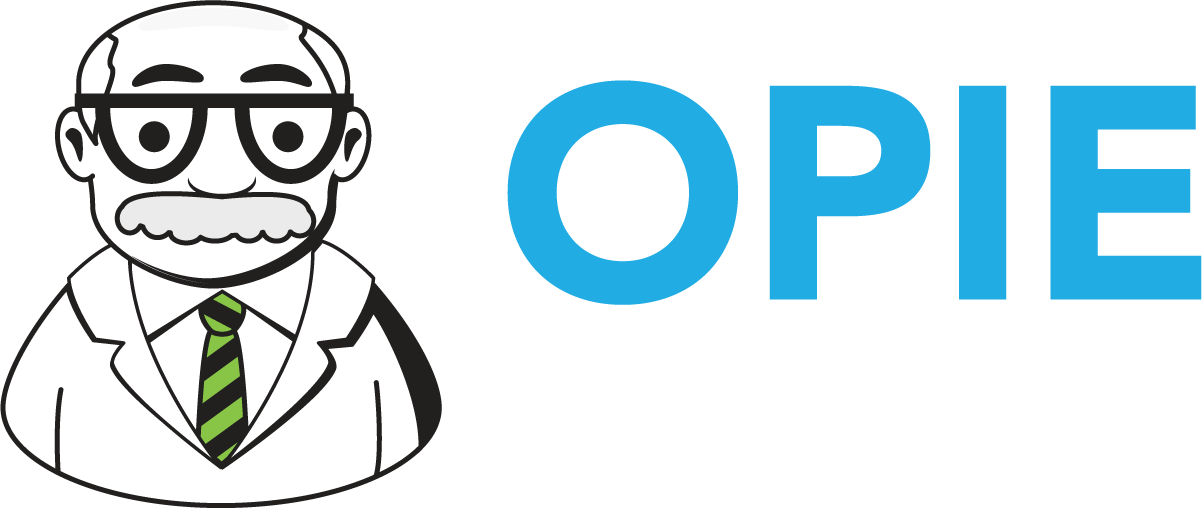Feelings Are Not Facts
There are many leadership articles about the importance of empathy and I want to come right out at the beginning and state that I am not advocating for the elimination of empathy in the workplace. I believe empathy is a crucial component of effective leadership and is essential for successful relationships. I believe we have a hard time understanding the difference between empathy and sympathy and therefore can be conflicted as managers trying to manage in an increasingly emotional culture. There is a clear distinction between empathy and sympathy. According to Hodges and Myers in the Encyclopedia of Social Psychology, “Empathy is often defined as understanding another person’s experience by imagining oneself in that other person’s situation: One understands the other person’s experience as if it were being experienced by the self, but without the self actually experiencing it. A distinction is maintained between self and other. Sympathy, in contrast, involves the experience of being moved by, or responding in tune with, another person.” Clear as mud, right?
If you and I are talking and I see you experience an emotion, for instance, happiness, I can empathize with you because I have experienced happiness. I know what it feels like and I can relate to that feeling. It is a fact that I understand what your happiness feels like. I know it’s a fine line, but if that same conversation makes me feel happy too, my happiness is a sympathetic response and now my feelings are involved. I’m going to want more of that story because it makes me feel happy.
While we absolutely have to consider the emotional consequences of our decisions, we should base those decisions on facts. Many of us do not pursue difficult conversations because they make us uncomfortable, and as a result, the business can suffer. This is perhaps an extreme example of how our emotions can lead us into sub-optimal business circumstances, but I think it is something we can all relate to.
But the danger as a leader is those small, daily decisions we make, perhaps even subconsciously, to take an action or not take an action based on our feelings. We need to train ourselves to take a little time to confirm our feelings with facts. You might see your patient out in public on a really good day for them and decide that the care plan you created is working like a dream. But if you collected data, say their socket comfort, regularly, you might see a different story emerge.
It’s the same in your practice. You might see new evals coming in and deliveries going out, but are you making ends meet? Have you looked at the data? With OPIE, you can track clinical data on your patients that helps you see the facts…the real story…not the feelings you get in the short time you interact with the patient.
OPIE data does the same thing for you as you manage your practice. When was the last time you looked to see if the data matches your feelings? We work in an emotionally charged profession in an ever-increasing emotion-filled culture. Make sure you stay grounded with facts.

